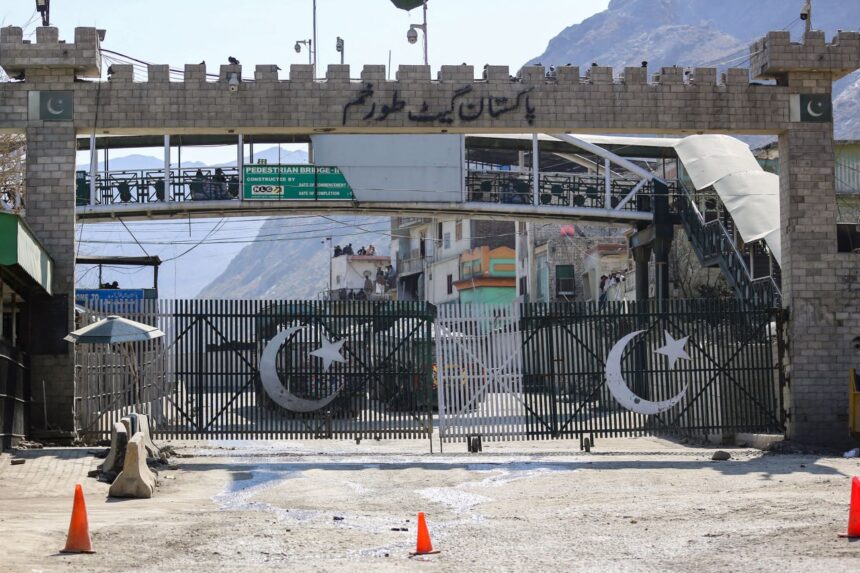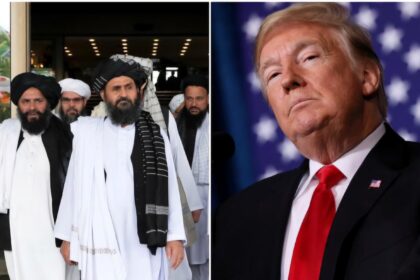RASC News Agency: Since its emergence as an independent state, Pakistan has relentlessly pursued a policy aimed at establishing a compliant and subservient government in Afghanistan, ensuring that Kabul remains aligned with its strategic interests. To achieve this, Islamabad has consistently favored a particular ethnic group within Afghanistan over others, manipulating religious and ethnic divisions to maintain control. Over the decades, Pakistani authorities have engineered the collapse of multiple Afghanistani governments, using these divisions as strategic tools. Pakistan’s longstanding policy of destabilizing Afghanistan’s administrations has remained a central pillar of its foreign strategy, spanning successive regimes from Zia-ul-Haq to Benazir Bhutto, Pervez Musharraf, Imran Khan, and Nawaz Sharif. Backed by U.S. military aid and substantial financial support from Arab states, these leaders systematically undermined Afghanistan’s governments, dismantled state institutions, and crippled Afghanistan’s military capabilities.
Many political analysts attribute Pakistan’s hostile stance toward Afghanistan to two primary factors: First, the unresolved status of the Durand Line. While Pakistan considers it an internationally recognized border, many Afghanistani leaders particularly Pashtun nationalists view it as a colonial imposition by the British and advocate for a “Greater Afghanistan” based on ethnic unity. This claim has deeply unsettled Pakistan, prompting relentless efforts to undermine any Afghanistani government that resists Islamabad’s influence. Second, Afghanistan’s close strategic ties with India. Since the partition of British India, Pakistan has viewed Kabul’s partnership with New Delhi as a direct threat to its regional dominance. Islamabad has consistently worked to sabotage this alliance, ensuring that no Afghanistani administration grows too close to India without repercussions.
To maintain its grip over Afghanistan, Pakistan has historically supported instability, ensuring that any government acting independently of its directives particularly those resisting the influence of its intelligence agencies is either undermined or overthrown. This pattern is evident in the fall of Mohammad Najibullah, the collapse of the Mujahideen government under Burhanuddin Rabbani, the disintegration of the first Taliban regime, the prolonged instability under Hamid Karzai, and the eventual downfall of Ashraf Ghani’s administration. In its latest efforts to exert control over Afghanistan, Islamabad has adopted three primary tactics to pressure the Taliban:
Mass Deportation of Afghanistani Refugees
In the past three years, Pakistan has forcibly expelled hundreds of thousands of Afghanistani refugees, a move widely condemned by international human rights organizations. Military Pressure and Displays of Force
Since the Taliban’s return to power in 2021, Pakistan has frequently conducted military operations along the Afghanistani border as a show of strength. However, the Taliban has not remained passive, responding with swift and direct retaliatory actions.
Economic Warfare Through the Torkham Border Closure
The prolonged closure of the Torkham border has been a calculated move to economically weaken Afghanistan, cutting off vital trade routes, medical supplies, and food shipments. Currently, thousands of tons of goods remain stranded, and hundreds of patients and travelers are stuck in limbo. Economic analysts warn that this blockade is causing severe financial losses for Afghanistani businesses and exacerbating the country’s already fragile economy.
Following the border closure officially attributed by Pakistan to the Taliban’s attempt to establish a border outpost several violent clashes have erupted between Taliban fighters and Pakistani forces, resulting in casualties on both sides. Despite multiple negotiations aimed at reopening the crossing, no tangible progress has been made. Most recently, tribal elders from both sides of the border, under the approval of Pakistani authorities and the Taliban, convened a traditional jirga (tribal assembly) to resolve the dispute. However, the talks ended in deadlock, reinforcing suspicions that Pakistan is deliberately seeking to weaken the Taliban, signaling growing frustration within Islamabad over the group’s increasing defiance.
The failure of diplomatic and tribal negotiations underscores a crucial reality: Pakistan’s support for the Taliban is waning. Islamabad now appears to be reconsidering its approach, using economic, military, and political pressure to reassert its influence over a regime that is proving increasingly resistant to external control.






